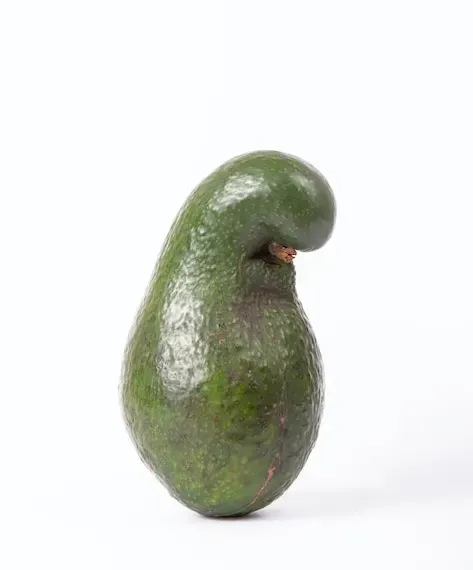Veggies don't sell
Good nutrition, on average, is pretty boring.
Specifically, it’s the “knowledge part” of everyday nutrition that’s bland, not the “eating the healthy food.” Anyone that says different sucks in the kitchen.
You and everyone’s mother knows what “good” or “healthy” nutrition looks like:
With a pinch of caveats[1], “good nutrition” consists of minimally-processed whole foods, lots of veggies, fruits, lean proteins, unrefined fats, grains, and starches.
If it’s that straightforward, why then are the store shelves and digital shops saturated with diet books, sales funnels, supplements, and ancillary gizmos designed to get us to spend increasingly more on “getting healthy,” “getting in shape,” and “eating better.”
Avoiding cynical explanations for a moment, one factor is that people got bills to pay. Lots of people are interested in nutrition, with many invested in it from overcoming a personal struggle. And they want to share that. But they also need to make money. Fair point.
What else?
My semi-cynical answer is, naturally, the title of this post.
Veggies don’t sell.
Why? To start, they’re not that sexy.

It’s not as if you can readily monetize regurgitated, basic nutrition advice.
A mere few paragraphs ago, I bestowed upon you the clandestine secrets of good nutrition, and I’m not exactly holding my breath for donations and my forthcoming book deal.
So what then? Consumerism? Psychology? Marketing? USDA collusion?
Outside of the obvious latter bit, let’s single out marketing within said consumerist frame.
Like processed foods, not all marketing is “bad” or sinister. However! If the economy has to grow year-over-year lest it implode, then mathematically-bland financial incentives are unavoidable.
If there’s a market for it, then, in such a system, the market will simply grow over time. More and more aspects of health become commoditized.
What about that psychology thing? Maybe the situation isn’t as nefarious as I’m implying. What if the marketing is purely satisfying an innate human desire for health and looking good?
And that is undoubtedly a factor, especially if you dot all the i’s and cross the t’s: our psychology influences what’s marketable, and what’s marketable circles back to our psychology.
But this is getting unsatisfying. Take away this wilted lettuce and let’s get to the metaphorical entree.
The heuristic “veggies don’t sell” isn’t about finding a precise answer within a seven-layer-salad of complexity.
Instead, it’s a reminder that it’s excruciatingly easy to get distracted from a focus on the basics.
To quote Jordan Shallow, someone whom I would consider a “north star” within the fitness industry said it well:
“The basics are not simple, the basics are sophisticated.”
If we want results, we best find interesting and tasty ways to season our veggies.
Not all processing is bad. Greek yogurt for instance, is extensively processed and is a nutritious choice. Also, personalized nutrition, coaching, and research are all complex and interesting. Nutrition research, in particular, is fascinating in multiple directions; both the physiological science, and how abysmal some studies are. tl;dr[2] this heuristic is focused on “large swaths of average.” ↩︎
Can you put “tl;dr” in a footnote? This seems altogether offensive, and wholly in line with the flagrantly inconsistent English language. ↩︎